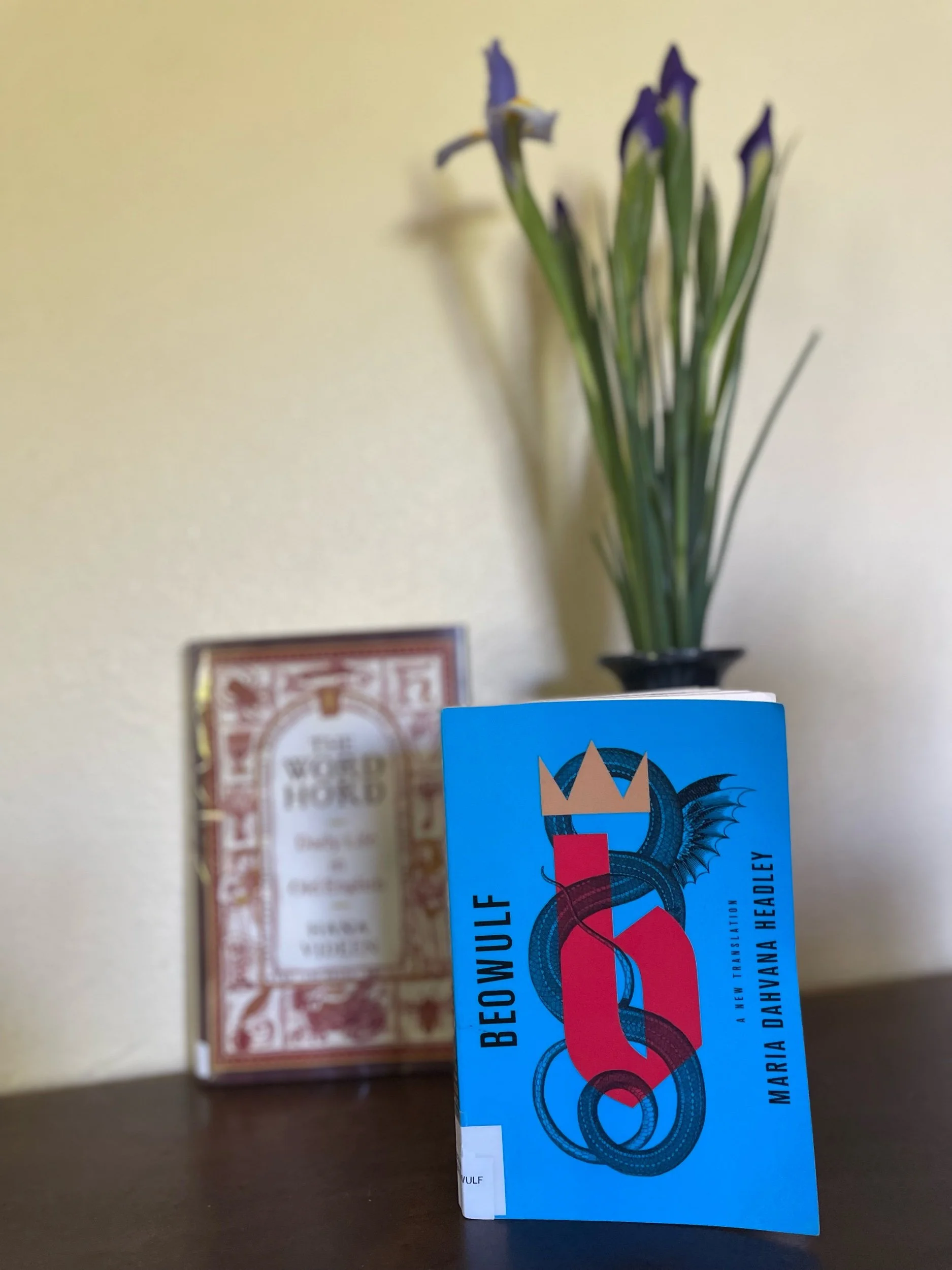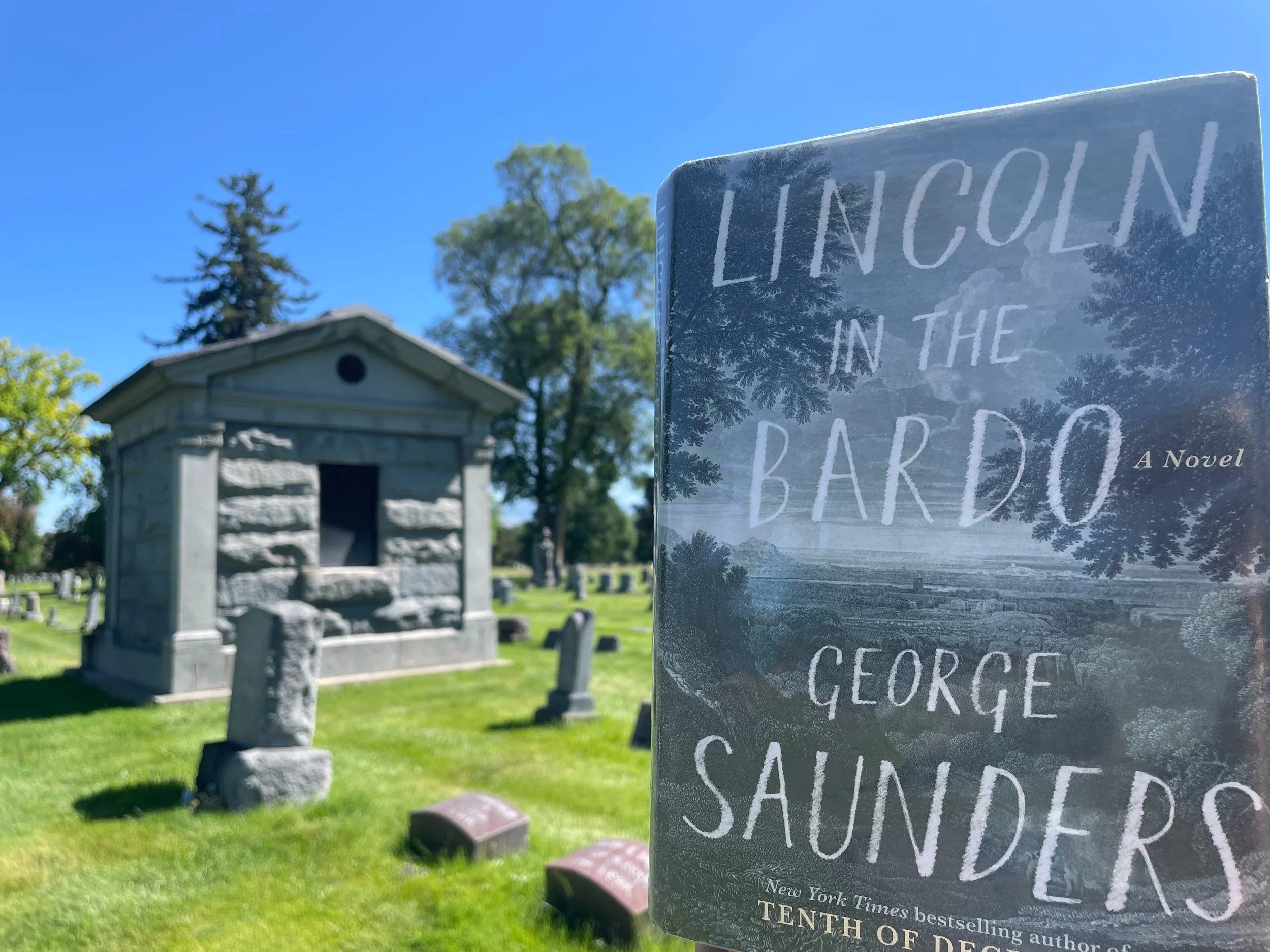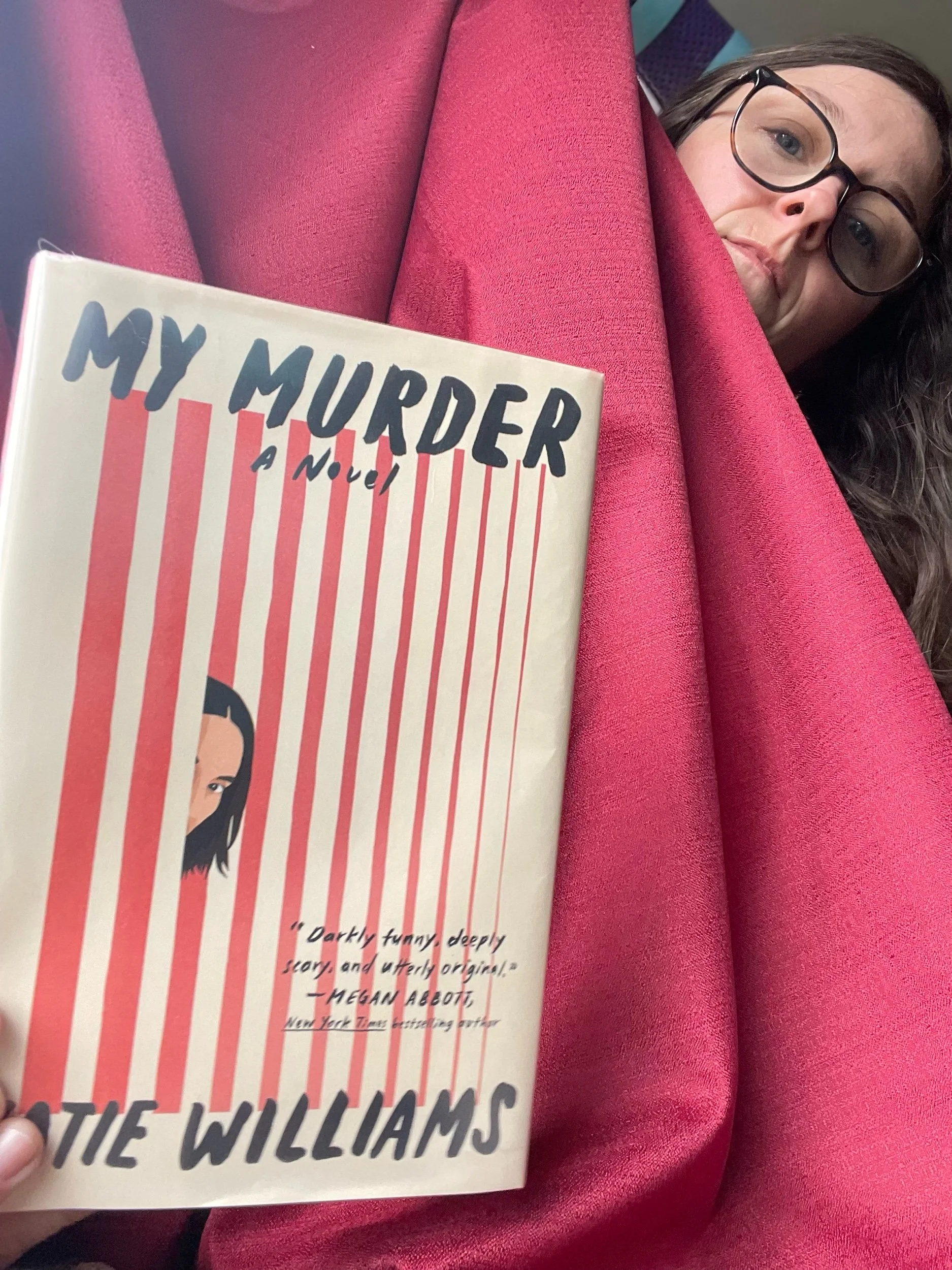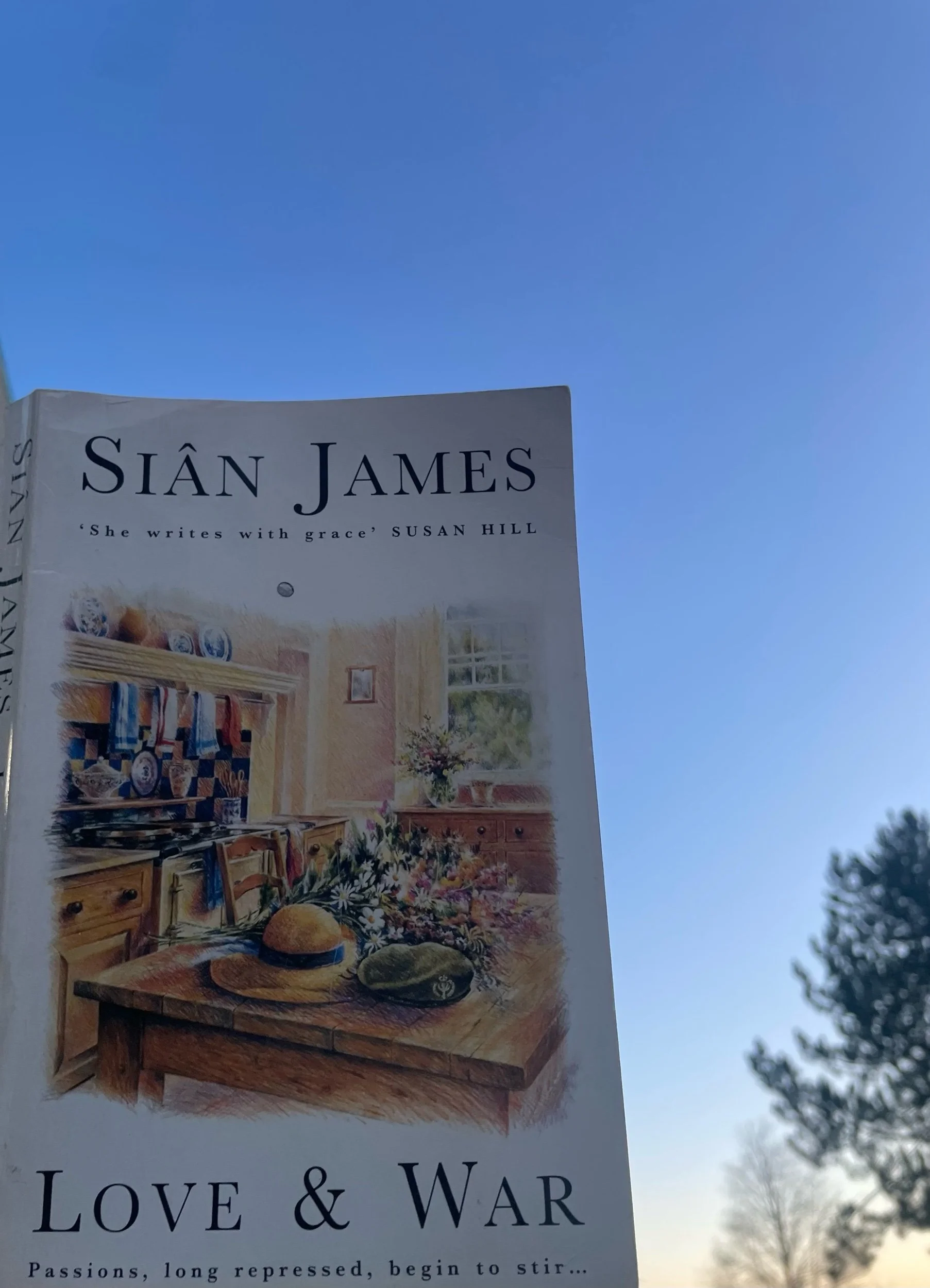Beowulf
Maria Dahvana Headley’s new translation of the iconic Old English poem, Beowulf (2020) presents modern readers with a perfect blend of direct translations of Old English phrases and hyperbolically contemporary verbiage. Indeed, she translate kenning (the compound word phrases frequently used in Old English poems) after kenning alongside words like “bro,” “hashtag,” and, yes, “fuck” (although the later may well have been frequently used among the warrior class of individuals depicted in Beowulf). What Headley presents is not traditional high poetry like that championed by many medievalist of yesteryear (among them the likes of Tolkien), but it is lyrical, delightfully readable, and very accessible. What’s more, it is arguably representative of the original feel of Beowulf’s oral roots. Alliterations and lyrical turns of phrase collide with 21st-century slang in Headley’s entertaining and approachable new translation of this oldest of English poems.
Beowulf takes its name from the titular hero, the Geat, who travels across the “whale-road” (a playful kenning, read: sea) to best the monster, Grendel, who torments the Danes of Hrothgar’s hall. He is of a hero of many epithets, to be sure, but supreme among his accolades is reference to his Christianity. The extent versions of Beowulf were written by monks after all. In many ways, Beowulf is a cautionary tale: the demon/heathen Grendel and his mother do not stand a chance against the Lord-beloved Beowulf. Beowulf himself credits God for his victory over Grendel’s mother: “I did the deed you deemed necessary, but I’d be bluffing / if I didn't say I would've died had God not kept me close” (1657-58). Likewise, Hrothgar reminds Beowulf and his hall of the tendency to forget where gifts come from (God). The tale’s moral, few would fail to grasp, is definitely a Christian one.
It doesn’t take the reader long to note that this translation is ripe with playfulness. Lively juxtaposition of words like wring and ring flow into brilliant alliterative passages that crescendo with the crisis; as in: “That devil-diver, deep in the dark, / dimmer, and dimmer yet, dying, dying, dead! (849-850). Furthermore, the poem includes several sub poems; meta moments of sorts that call attention to the craft and tradition of oral epics like this one, as if the teller were holding up a mirror to the telling itself. There are moments that reference scops (Old English for poets) writing lines about Beowulf, as well as lines focused on telling other epic tales in the midst of feasting. Indeed, through both the craft and the telling, it is clear that poetry is a much-loved art and revered form of entertainment I the old English world reflected in Beowulf. It also reminds readers of the live audience to whom a bard would address lengthy poems like this one. This audience was largely male, young, and thick with drink. In other words, epics like Beowulf were addressed in ale halls to an audience of warrior youth; think a poetry slam of sorts in a frat house or a bar on an Army post. Headley’s translation certainly maintains the youthfulness of Beowulf’s original audiences. Her language is playful, witty, and at times very funny. I laughed out loud when Beowulf re-emerges from the underwater lair of Grendel’s mother and tells the king, that he’s “back from the brink” “no big whoop” (1652, 1653).
Beowulf is full or historical nods and cultural truths; it paints the picture of what life was for Old English speaking folk over 1000 years ago. In addition to the Christianity, Beowulf soundly describes again and again the trauma and destruction of blood feud. Beowulf himself risks life and limb to sail the narrow sea from Geatland to the home of the Danes despite a blood feud. But his daring heals that wound. At another point in the poem, Beowulf postulates that a wedding between prince and princess on opposite sides of a different blood feud will end in renewed bloodshed. Beowulf clearly belittles these practices as antiquated and small-minded, continuing to provide a sermon of sorts. This poem reflects a moment of cultural transition when Christian mores replaced the heathen blood feuds of old. The astute eye may notice Hana Viden’s The Wordhord: Daily Life in Old English (2022) blurred in the background of this review’s accompanying photo. As I read Headley’s translation I was often reminded of The Wordhord (reviewed last year) which dives into the life and language of Old English of which so little remains. Having read Viden’s beautiful and accessible book last year, I couldn’t help thinking about it constantly as I traversed the 3,182 lines of Beowulf. Beowulf is famously one of the few extant epics in Old English, and there is much the modern reader, particularly when armed with an accessible translation like Headley’s, can glean from its lines about the life and culture of those times.
Beowulf is a poem most people hear of, and possible read, in secondary school but it is also a vestige of a time and culture that preceded the English we all know. It is a tale of daring heroics, mystical battles between men and monsters, and the eventual downfall of a great man who never cowered in the face of adversity. Headley’s new translation makes the wild ride that is Beowulf well-worth reading.
(A note on citation for those untrained in literary analysis of poetry: the parenthetical numbers correspond with the line numbers of the poem. Each line break is indicated in quotes with a dash.)
Headley, María Dahvana. Beowulf: A New Translation. MCD x FSG Originals: 2020.
A Few Great Passages:
“This monster they could control. / They cornered it, clubbed it, tugged it onto the rocks, / stillbirthed it from its mere-mother, deemed it damned, / and made of it a miscarriage. They examined its entrails, / awed and aggrieved. / Meanwhile, Beowulf gave zero shits. / He dressed himself in glittering gear, / his mail-shirt finely forged, links locked / and loaded. He'd meet this murdering mother / under mere, and amend her existence” (1436-1445).
“if you want to win, you have to forget you're afraid to die” (1435).
“‘Armor yourself against that kind of idiocy, my brave boy, / my Beowulf. Keep yourself on an even keel, aiming / your ambition at eternity, instead of the everyday. / Don't let avarice override intelligence. It's only a season / that a young soldier's strength stays stalwart— / before plague or blade bring obsolescence. A crackling / blaze, a rush of waves, a slippery sword-grip, / a spear soaring silently through the air, / or even the ague of age. Your gaze will darken, too, boy. / Your world will dim. Death will kneel over you eventually, / and solicit your surrender.’” (1758-1768).






